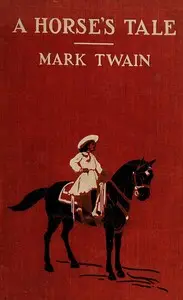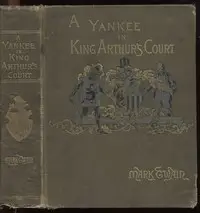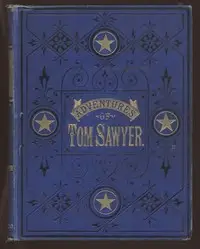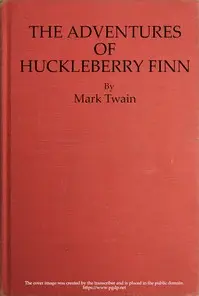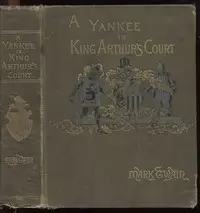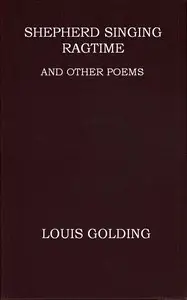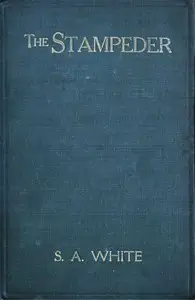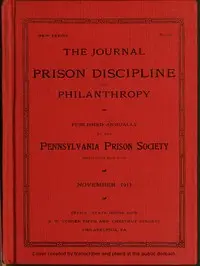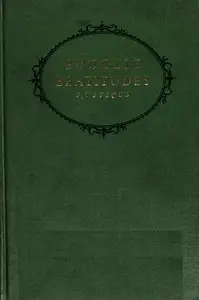"The $30,000 Bequest, and Other Stories" by Mark Twain is a collection of humorous short stories written in the late 19th century. The opening story centers on a modest family, the Fosters, who become entangled in the fantastical notion of a rich inheritance from a distant relative. The story explores the dreams and aspirations that come with the promise of wealth, revealing how it affects their behavior and relationships while highlighting Twain's sharp social commentary and wit. At the start of the book, we are introduced to the Fosters, led by Saladin and his wife Electra, who lead a content life in Lakeside. The narrative unveils their lives as they receive news of a $30,000 bequest from their reclusive relative, Tilbury Foster. As they revel in the possibilities of newfound wealth, their discussions descend into a mix of excitement and absurdity, ultimately leading them to make elaborate plans on how to spend their potential fortune. However, the humor emerges from their overzealous ambitions and the stark contrast between their dreams and the reality of their situation, foreshadowing the complications that arise from this whimsical inheritance. (This is an automatically generated summary.)
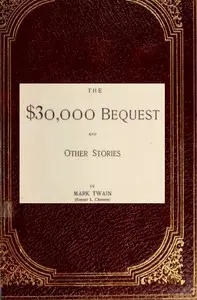
The $30,000 Bequest, and Other Stories
By Mark Twain
"The $30,000 Bequest, and Other Stories" by Mark Twain is a collection of humorous short stories written in the late 19th century. The opening story c...
Samuel Langhorne Clemens, known by the pen name Mark Twain, was an American writer, humorist, and essayist. He was praised as the "greatest humorist the United States has produced," with William Faulkner calling him "the father of American literature." Twain's novels include The Adventures of Tom Sawyer (1876) and its sequel, Adventures of Huckleberry Finn (1884), with the latter often called the "Great American Novel." He also wrote A Connecticut Yankee in King Arthur's Court (1889) and Pudd'nhead Wilson (1894) and cowrote The Gilded Age: A Tale of Today (1873) with Charles Dudley Warner.


